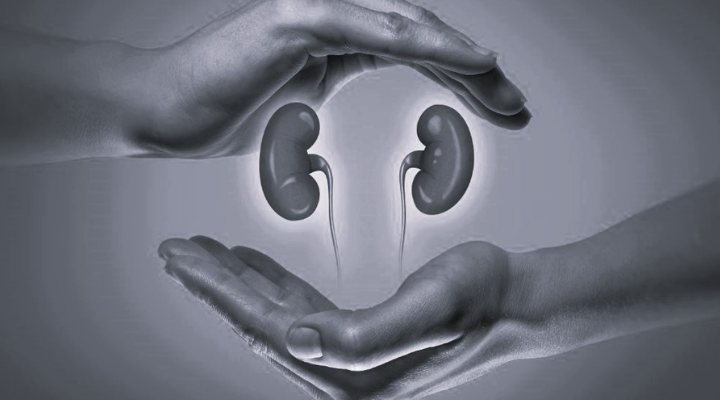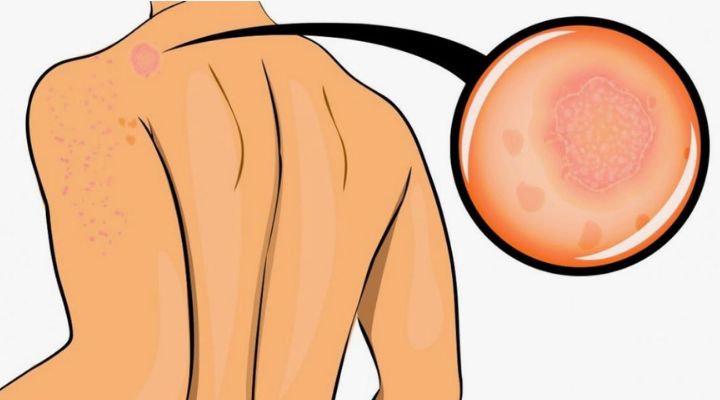Difficulty Swallowing or Persistent Indigestion
Difficulty swallowing or persistent indigestion can be signs of esophageal, stomach, or throat cancer. While these symptoms can often be attributed to other less serious conditions, such as acid reflux or gastrointestinal issues, they should not be ignored, especially if they persist or worsen over time. A thorough evaluation by a healthcare professional can help determine the cause and appropriate treatment.
Changes in Bowel or Bladder Habits
Changes in bowel habits, such as persistent constipation or diarrhea, as well as changes in bladder habits, such as frequent urination or blood in the urine, can be warning signs of colorectal, bladder, or prostate cancer. These changes may occur gradually over time, so it’s essential to pay attention to any deviations from your normal patterns and discuss them with your doctor.
Persistent Cough or Hoarseness
A persistent cough or hoarseness that lasts for more than a few weeks can be a sign of lung, throat, or laryngeal cancer. While coughs are common and often caused by respiratory infections or allergies, a cough that lingers and is accompanied by other symptoms such as chest pain, shortness of breath, or coughing up blood should not be ignored and should prompt further evaluation.
Unexplained Bleeding
Unexplained bleeding from any part of the body should always be investigated further. Bleeding that occurs between menstrual periods, after menopause, or from the rectum or in the urine can be a sign of various types of cancer, including cervical, endometrial, colorectal, or bladder cancer. Any unusual bleeding should be promptly addressed by a healthcare professional.
Swelling or Lump in the Body
Discovering a new lump or swelling anywhere in the body should raise concerns and prompt a visit to the doctor. While lumps can be benign, they can also be a sign of cancerous growths, such as breast, testicular, or lymph node cancer. It’s essential not to ignore any changes in your body and to seek medical attention for further evaluation and diagnosis.







